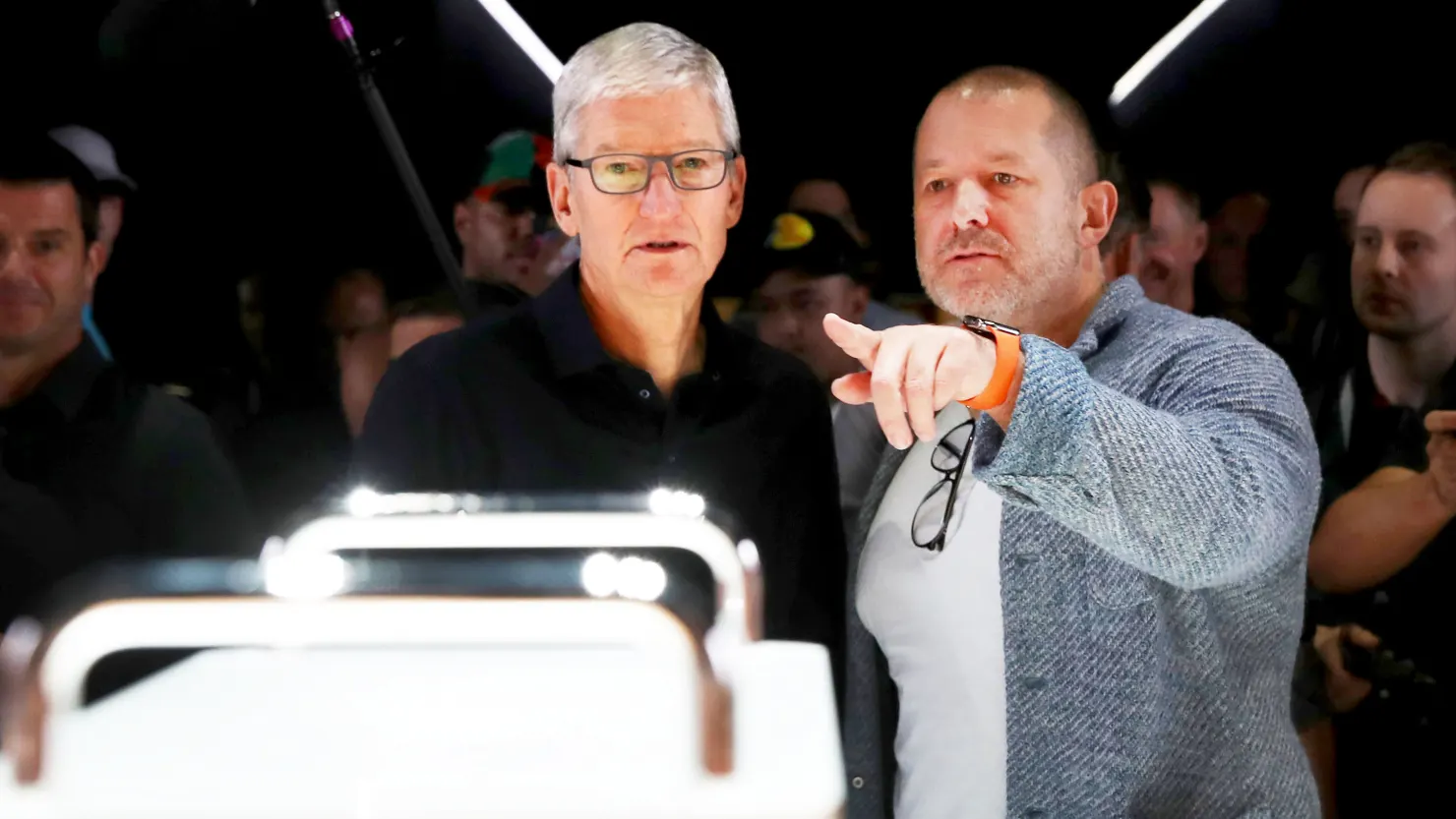Before leaving Apple in 2019, Jony Ive was synonymous with groundbreaking hardware design, narrating videos that showcased the physical beauty of Apple’s flagship products like the iPhone and Apple Watch. His British-accented voice became a hallmark of the company’s launch events, and his work set a high standard for hardware innovation in Silicon Valley. Now, Ive is making a significant return to the tech world—but not with Apple. On Wednesday, he announced a $6.4 billion deal to merge his fledgling hardware company, io, with OpenAI, where he will lead the design of a new generation of AI-powered hardware products.
This partnership highlights the growing belief in Silicon Valley that artificial intelligence could fundamentally reshape the consumer electronics landscape, potentially supplanting traditional devices like smartphones and laptops. Apple’s dominance, built on those very devices, faces an unprecedented challenge as AI-driven hardware promises to deliver entirely new experiences and forms. Industry analysts emphasize that technological shifts as significant as the internet and smartphones happen only once in a generation, and OpenAI’s collaboration with Ive is accelerating this transformation into reality.
Even Apple insiders acknowledge the threat. Eddy Cue, Apple’s chief of services, recently told a court that AI devices might replace the iPhone within a decade—“crazy as that sounds.” He sees AI as a disruptive force that opens opportunities for new entrants to the market. Meanwhile, Apple’s own efforts to improve Siri, its voice assistant, have faced delays, leaving the assistant lagging behind conversational AI models like ChatGPT and Google’s Gemini, which offer much more natural interaction.
Apple is set to showcase its latest software and innovations at its Worldwide Developers Conference on June 9, where it will likely highlight updates to its AI features. However, OpenAI’s announcement with Ive remains vague on the specifics of the new AI hardware it plans to develop, only promising a reveal next year. Still, the move sends a clear message to Apple: its former design star is now working with one of the fastest-growing and most influential companies in AI, potentially threatening Apple’s hardware leadership.
Ive expressed confidence in the future, stating, “We are literally on the brink of a new generation of technology that can make us our better selves.” OpenAI CEO Sam Altman echoed this excitement, noting the collaboration aims to create a new class of AI-driven computers. Alongside Ive, several Apple design veterans who co-founded io—including Scott Cannon, Tang Tan, and Evans Hankey—are joining OpenAI, injecting the company with deep hardware design expertise.
While there has yet to be a breakthrough AI consumer hardware product, startups have been experimenting with smaller, AI-enabled gadgets designed to simplify user experiences. Humane, founded by former Apple employees, developed a small pin device with a projector for calls and queries, but its $700 product failed commercially and was acquired by HP. Other devices like the Rabbit R1, which uses OpenAI models for answering questions, have also struggled with poor reviews, which Ive candidly called “bad products.”
Big tech rivals are also betting on AI-powered devices to set themselves apart. Meta’s Ray-Ban smart glasses, which integrate conversational AI features, have sold over two million pairs. Google recently unveiled new AI models and smartglasses prototypes running on Android XR, developed in partnership with brands like Warby Parker. Google’s Gemini AI assistant can operate in an “agent mode” to perform tasks, a feature similar to the improvements Apple plans for Siri, though Apple users cannot currently replace Siri as their default assistant with Google’s AI.
Jony Ive’s return to the hardware spotlight through OpenAI marks a pivotal moment in the evolution of consumer technology. As AI continues to reshape how devices look, function, and interact with users, this collaboration could define the next era of innovation beyond the smartphone age.
READ MORE:
